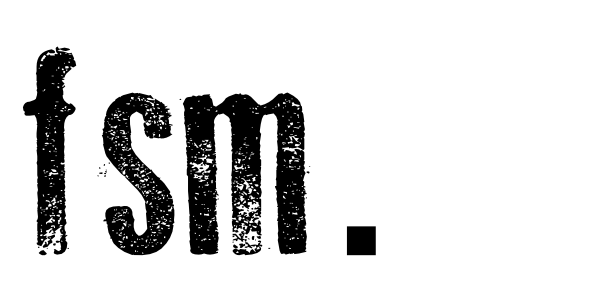Unstoppable
by Vic Neptune
Artificial intelligence (A.I.) has been dealt with in movies like The Lawnmower Man and Stanley Kubrick’s last project, A.I. Artificial Intelligence, completed by Steven Spielberg. I include the Stephen King-derived Lawnmower Man because Job, the low I.Q. protagonist who does lawn care for Pierce Brosnan’s scientist character, becomes a virtual reality monster in near total control inside his computer realm. A.I. in our world would mean, if it took over as is feared by some, a dominance by the intelligence, something not controlled by humans. I write this knowing I know practically nothing about artificial intelligence, except that it didn’t look like a good idea to me in the first three Terminator films. Machines making war looked futuristic but also merely cinematically cool in 1984 when my friend Brian and I were enthralled by James Cameron’s The Terminator. This low budget science fiction film pits a machine from the future (Arnold Schwarzenegger), relentless and ruthless, against a waitress (Linda Hamilton) whose name, Sarah Connor, links her to her future son, John Connor, leader of a future resistance movement against the machine rulers of Earth. Snuff out Sarah Connor, the resistance will never happen, so goes the logic. Who knows, though? Maybe another effective leader will emerge?
Having machines deciding the tracks of our lives seems crazy to me. Should hammers have artificial intelligence? How about an artificially intelligent feeding bowl for cats, dispenses medication, too?
Yet, from watching YouTube I understand, to the extent that I do, that an algorithm determines what shows up in my Recommended list. I also know that if I watch a concert by The Warning, as I did the other night, lots of Warning videos will then show up for the next several days. It seems as if the algorithm wants to feed the viewer large amounts of what it determines the viewer must want. It’s a friend providing drugs, in a sense. It operates on the concept of consumption, that there’s no end to it.
The human versus machine idea has been around for a long time. The Star Trek episode, “The Ultimate Computer,” aired originally in 1968, has a computer imprinted with the mental functioning of its creator, a man who believes in achieving perfection. When the computer, hooked up as an experiment to the Enterprise’s engines and other systems, goes on a killing spree against imperfect humans on other ships, dragging the Enterprise and its crew along with it as unwilling but blameless participants, an artificial intelligence has asserted its control.
In these fictional cases, the artificial intelligence is something that humanity has little or no chance of anticipating, but now, in real life, the warnings about it should prevent slippage into the so- called A.I. apocalypse, when, supposedly, artificial intelligence decides that humanity is too much of a pain to live with; too flawed, too risky to have as neighbors on Earth. I find it hard to imagine what this would look like. Satellites shutting down, no electricity, wild animals roaming in big cities, I don’t know what else, other than to suggest that on the day of the A.I. apocalypse the importance of fire will again become realized.
But is such a disaster our fate? Who ultimately is in charge? Humans or computers? Is it necessary to stand back and watch artificial intelligence snap shut on our future? Are the warning signs enough to stop computer scientists from taking A.I. too far? Has it already happened?
As far as A.I. is concerned, I mostly play with it as an idea, rather than getting spooked by its catastrophic implications. Information seems to be whirling around me most of the time. It’s too demoralizing to get crushed down by possibilities, especially those endlessly available for contemplation on YouTube.
Vic Neptune writes, makes movies (YouTube Channel John Berner), collages, paintings. Moves made as Rhombus. Film criticism based on thousands of movies of all eras seen. Strong interest in literature: Shakespeare, Thomas Mann, Jack London, Robert . Howard, Joan Didion, Philip K. Dick, and many others. History and religion other interests also. Favorite filmmakers: Jean-Luc Godard, Michelangelo Antonioni, Pier Paolo Pasonlini, Rainer Werner Fassbinder, and Federico Fellini. Life without art is art without life.




